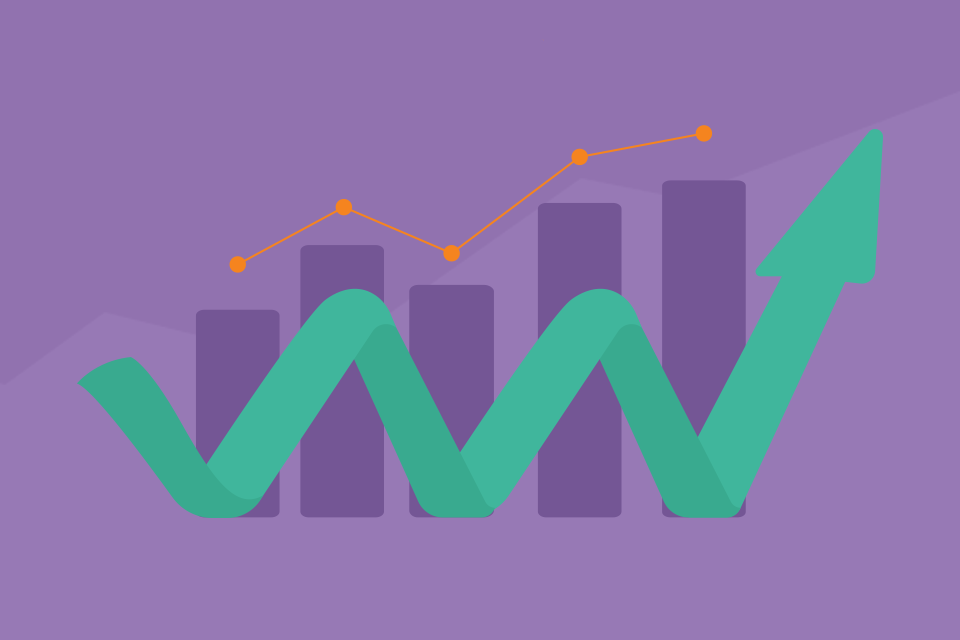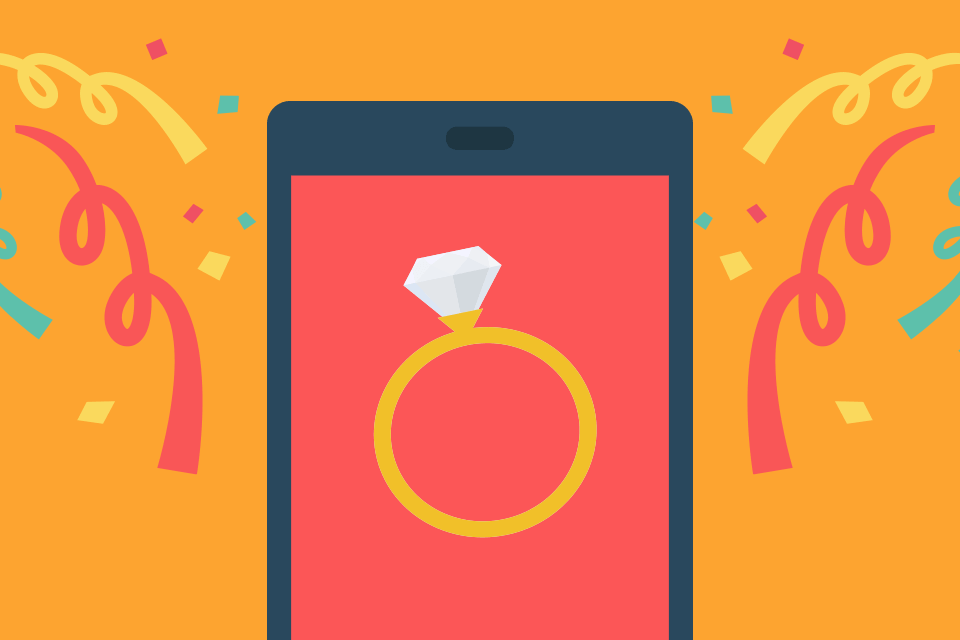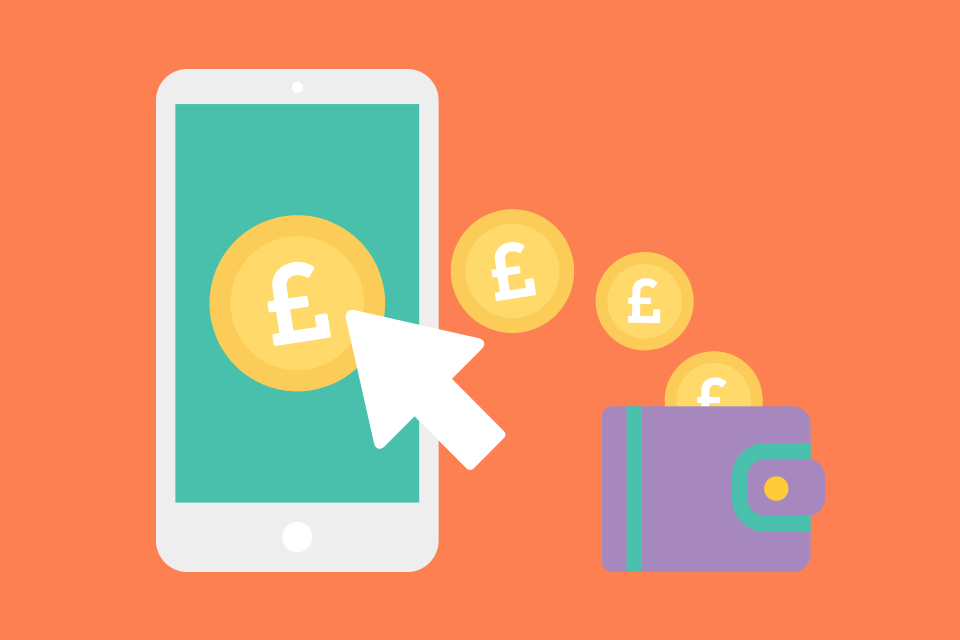How B2B and B2C Marketing Strategies Differ

On the surface, B2B (business-to-business) marketing strategies don’t seem very different to those for B2C (business-to-consumer). You’re right in thinking that a lot of activities are similar, however, their execution is not the same.
B2B focuses on logical, process-driven purchasing decisions, whereas with B2C emotions are the key player in terms of deciding which way to go.
Let us explore these differences and how to secure leads and grow a B2B business.
The Difference Between B2B and B2C
As we mentioned, B2B leads with the head and B2C with the heart. This has a profound effect on the marketing activities businesses can use to drive results.
-
Audience
B2B businesses often focus on a niche market, with one primary product, whereas B2C has a wider pool. Some marketing tactics, such as targeting a lookalike audience, don’t work as effectively for B2B because the modelling requires a minimum data size to compare against.
Typically, there are multiple stakeholders in B2B, which makes coming to a decision a slow process. With B2C, you are usually dealing with one individual, and this greatly speeds up the process, in turn influencing the marketing tactics and which part of the marketing funnel to target.
-
Decision-making Process
B2B brand propositions are typically based on tangible elements, such as the product’s functionality, whether the business offers a reliable service, and so on. This means it is easier to compare one product or business against its competition. If your offering is the best in market, you have a strong chance to retain or secure the sale.
Most B2B purchases are driven by financial incentives and the logic behind the product or service. B2C can be more aspirational and abstract - the promise of something great without any actual proof; who the customer decides to go with and why is a much more fluid process. Data-driven marketing is, therefore, potentially more important in B2B than B2C.
Showcasing case studies and testimonials, providing customers with technical information about the product and collateral that allows them to make their own informed decisions works well with B2B.
-
Customer Relationships
B2B businesses are in it for the long game; it is not about the instant purchase. The focus for B2B marketing is to drive leads, to coax them through a sales funnel and convert to a sale, even if this process happens over a longer timeframe.
Most B2B customers have specific buying cycles, with multiple stakeholders, and repeat and referral business are very important. Once relationships are established, as long as service, quality and value remain unchanged - or within acceptable parameters - the customer is unlikely to look elsewhere.
B2C, on the other hand, is much more about the immediate sell. Because there is a strong emotional element to such purchase decisions, once a customer cares about your brand, you can inspire action – often with quick effect. For this reason, an important aspect of e-commerce is having a smooth digital experience. Customer journeys that involve far too much clicking to get to the desired destination are in danger of the customer leaving and the site having a high bounce rate.
Because B2C purchase decisions are typically driven by the heart (even if occasionally coloured by a pinch of logic) loyalty to a brand is based on features and benefits. Should a competitor’s proposition appear more inspiring - even if there is little or no factual difference between products - you may find your customer moving elsewhere. For this reason, B2C marketing works best when you strive to improve ‘user engagement’, rather than focus on the sales funnel.
With B2B, content that focuses on technical aspects of the product, positive peer reviews and facts, such as analysis and test results, are what shift the marketing needle. It’s also important to structure B2B marketing plans over much longer consideration periods than in B2C.
Why Revisit Your B2B Marketing Strategy?
The year 2020 and the COVID pandemic have had a profound and long-lasting impact on many businesses, not least B2B. Most of us have had to pull in the purse strings and account for every penny because of the uncertainty of what was to happen next. This introspection has resulted in businesses exploring marketing activities they might not have previously.
With an eye on improving efficiencies and reducing overheads, digital marketing activities are an interesting and promising alternative to traditional marketing that should be considered by all. The B2C market has benefited from being familiar with digital strategies for a long time now, but some B2B sectors are only really starting to explore its potential. For example, 76% of B2B marketers have a formal marketing plan in place, yet only 56% of B2B businesses invest in digital marketing. Remarketing to specific cohorts is a cost-effective digital marketing tactic, yet only 33% of B2B organisations plan to reinvest in remarketing in 2021, according to Webfx.com.
The specificity of targeting with digital ads makes them a much more valuable prospect compared to some traditional marketing methods – print marketing, for example, where there is minimal control over who might read the publication. Trying to calculate the ROI of an exhibition or event is very complicated too. Digital marketing activities are easier to measure and can help reduce the cost per lead; advertising through social platforms, for example, enables a business reach extremely large audiences with relatively low budgets.
Digital marketing allows the user to gather much more data than ever was possible with off-line marketing methods. Digital advertisement is incredibly flexible and can be switched on and off, pretty much, by the press of a button. By comparison, once a newspaper or magazine has gone to print there is no turning back… the ink is firmly down on paper. Digital is an approach that can benefit any B2B business.
Lean on our 20 Years of Experience
Enlisting the help of an external agency, such as iCandy Design, has been a beneficial option for many organisations. We have enabled many businesses acquire specialist help without the need for a full-time resource. This set-up has also given them access to a range of skills that no one single person could provide.
iCandy Design has been researching B2B and B2C markets and devising and executing marketing strategies in these sectors for over 20 years. With a proven track record across multiple B2B and B2C industries we are well placed to support you with your ongoing business ambitions, generate sales leads and effectively market your brand to your target audience. Speak to us today and let us start driving exciting marketing campaigns that turn a potential audience into engaged customers.



